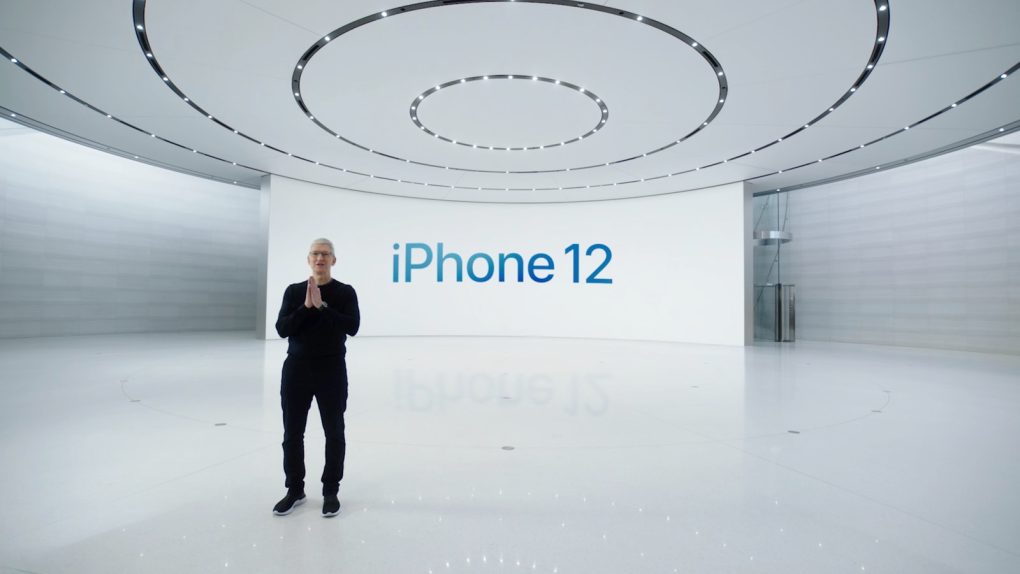I’m sure, if you pressed Apple CEO Tim Cook about what he thinks makes his company’s mobile operating software better than its major competitor’s, he could offer a whole host of answers to the age-old question of iOS vs Android, of which OS is superior.
During a half-hour “fireside chat” portion of this week’s VivaTech conference, the chief executive of the iPhone maker brought up one oft-heard piece of supporting evidence that comes up regularly in this discussion: The quality of apps and content inside Apple’s walled garden, which are a product of Apple’s tight control of its ecosystem, compared to Google’s comparatively more permissive stance toward the Android app market. Cook’s answer also served as a bit of pushback against the proposed Digital Markets Act in Europe, which would, among other things, allow iPhone users to side-load apps and could force Apple to change the way it pre-installs certain of its own apps on iPhones and iPads. Side-loading, Cook warned, “would damage both privacy and security. I mean, you look at malware as an example, and Android has 47x more malware than iOS. Why is that?
“It’s because,” Cook continued, “we’ve designed iOS in such a way that there’s one App Store, and all of the apps are reviewed prior to going on the store. That keeps a lot of this malware stuff out of our ecosystem. Customers have told us very continuously how much they value that. And so we’re going to be standing up for the user in the discussions, and we’ll see where it goes.”
Cook’s remarks, by the way, come at the same time as similar legislation has been proposed in the US — with a grab bag of proposals having been put forward in Congress in recent days that, among other things, would no longer allow Apple to pre-install its own apps on iPhones here in the US, as well.
As noted in the Wednesday edition of Ben Thompson’s Stratechery newsletter, one of those bills (the American Innovation and Choice Online Act), sponsored by House Antitrust Subcommittee Chairman David Cicilline, a Democrat, seeks to do the following — it would ban “covered platforms from giving an advantage to their own products, services, and lines of business over competitors; disadvantaging competing products, services, and lines of business; or discriminating between similarly situated business users.”
Today I joined Chairman @davidcicilline & Ranking Member @repkenbuck to unveil our bipartisan agenda for a stronger online economy.
Proper antitrust enforcement is good for innovation, for consumers, and our economy. pic.twitter.com/GGRob8CYhG
— Rep. Joe Neguse (@RepJoeNeguse) June 16, 2021
The big leap everyone keeps wanting desperately to make regarding Apple — which Fortnite maker Epic Games tried to do in its recent trial against the iPhone maker, and which is similar to the claim Spotify keeps trying to make — is that the iPhone maker is somehow monopolistic. Even though Apple is not the dominant handset manufacturer, not by a long shot. That honor belongs to Google, maker of the Android mobile operating system that runs on the lion’s share of smartphones globally.
In the final analysis, there are few things in tech that bring out the stupid to quite the degree that Apple does. It’s not a perfect company, as if such a thing even existed, but people trying to equate that a company like Apple being out to make money and box out rivals — which is what literally every business large and small on the face of the earth exists to do — is somehow evidence of monopolistic behavior is a quite tiresome storyline, indeed.








